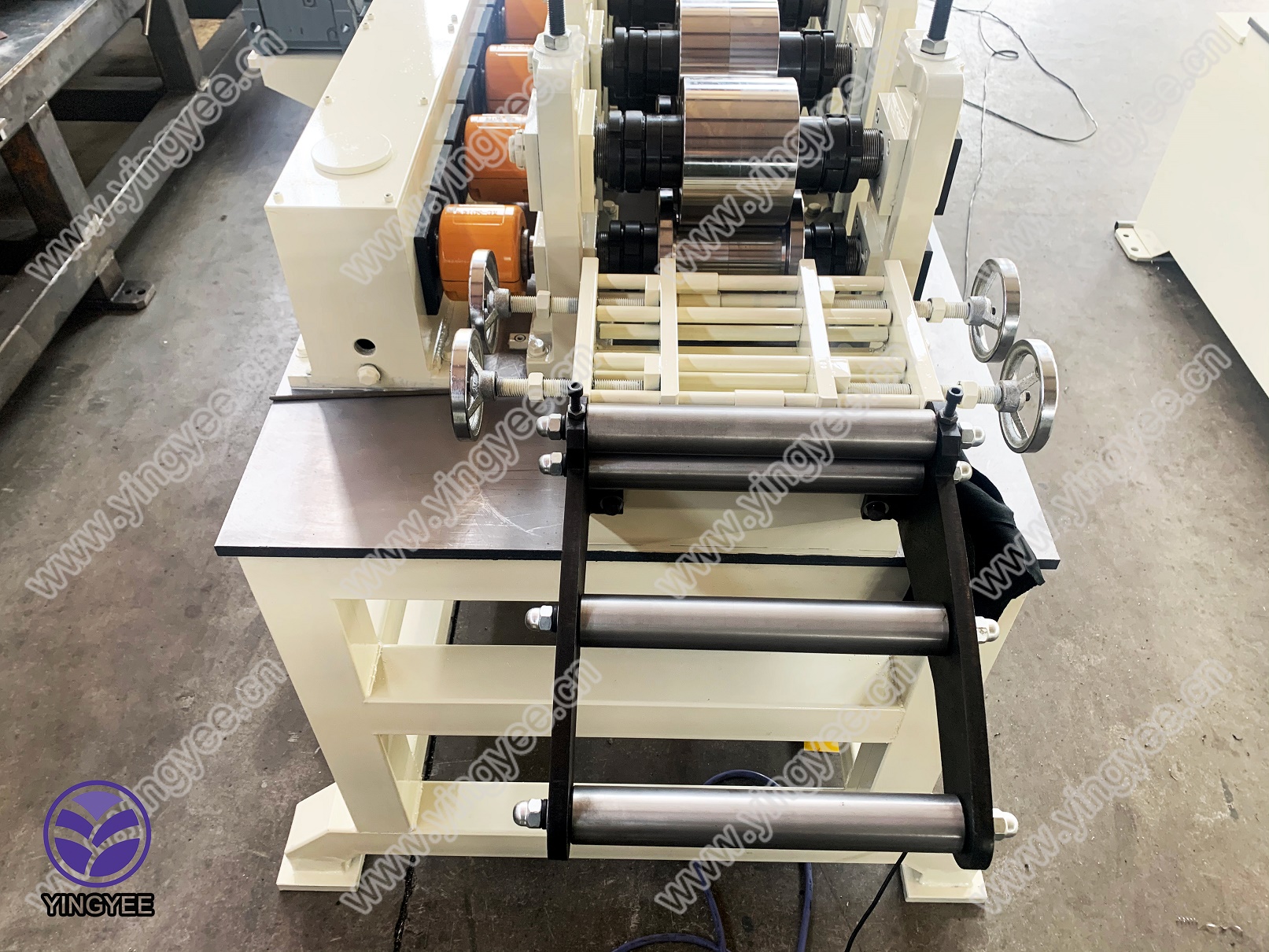
Understanding Drywall Stud Roll Forming Machines
In the construction industry, drywall has become a popular choice for interior walls due to its lightweight, versatility, and ease of installation. Essential to the drywall system are the metal studs, which provide the structural framework. The production of these metal studs is efficiently accomplished using drywall stud roll forming machines, a vital technology in modern construction manufacturing.
A drywall stud roll forming machine operates through a continuous process where metal coils are fed into the machine. As the metal is unraveled, it enters a series of rollers that shape it into the desired profile for drywall studs. The precision engineering of these machines ensures consistent dimensions and high-quality outputs with minimal waste. Most machines can produce various stud profiles tailored to different construction needs, including varied thicknesses and widths.
One significant advantage of using drywall stud roll forming machines is the speed and efficiency they bring to production. With advanced automation, these machines can run continuously, producing large volumes of studs in a fraction of the time compared to traditional methods. This efficiency not only meets the high demand in construction projects but also reduces labor costs significantly.

Moreover, the use of high-strength steel in the roll forming process enhances the durability and stability of the produced studs. This is crucial for meeting building codes and ensuring the safety of structures. These machines can also create tracks that pair with studs, making the installation process smoother and more integrated.
Another important aspect is the customization capability of these machines. Manufacturers can modify the machinery settings to produce stud profiles that comply with specific project requirements. This flexibility allows for the production of specialized studs that meet unique architectural demands, adding value to the service providers in construction.
Implementing drywall stud roll forming machines can provide a competitive edge in the construction market. By delivering high-quality materials efficiently, manufacturers can reduce lead times and cater to larger projects that require volumetric supplies. As the construction industry continues to evolve, investing in advanced roll forming technology will be integral for those looking to innovate and maintain a strong market presence.
In conclusion, drywall stud roll forming machines are essential tools in the production of drywall studs, contributing efficiency, customization, and quality to the construction sector. As builders and contractors seek more effective solutions, the role of these machines will only continue to grow.